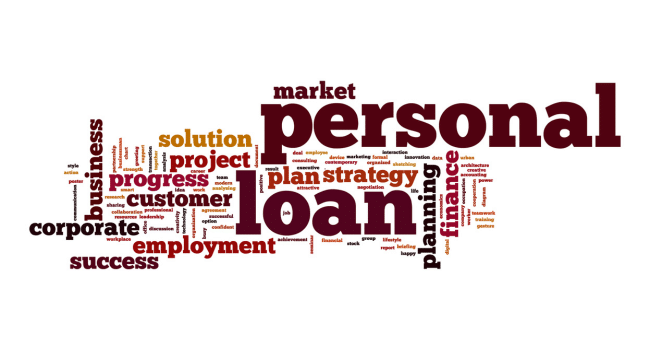Table of Contents
With increasing financial awareness among laymen, increased access to credit options like personal loans has been received quite well. A survey found that almost 70% of Indians today rely on personal loans to help pay for several of their high-value expenditures. These may include financing a wedding, an expensive holiday, or even tiding over a temporary financial crunch. However, not everyone is eligible for a personal loan. Here are some basic eligibility criteria to remember to know if you qualify for such a loan.
Basic Eligibility Criteria for Personal Loans
Knowing the current eligibility criteria for a personal loan may help you plan your future finances. While there are some compulsory criteria that you need to satisfy, there are some optional ones as well. Here is a list of the five most important personal loan eligibility criteria.
1. Age Requirement
The first parameter of personal loan eligibility is the age limit. Most banks insist that you need to be at least 21 years old to be able to avail of a personal loan. Whereas, the maximum age cut-off for personal loans is usually 60 years. In most cases, this parameter works like a proxy for earning potential, which is crucial for banks to judge before giving out a loan.
2. Employment Status and Stability
Another criterion that you need to satisfy is that of stable employment. If you are a salaried professional working in a multinational corporation (MNC) with higher job security, your loan application has a better chance of approval. On the other hand, a personal loan may be tougher to get if you are a gig worker or are self-employed. In such cases, you could alternatively apply for a small business loan.
3. Minimum Income Level
Banks and other non-banking financial companies (NBFCs) that lend out money may often require you to have a minimum income level. This minimum threshold may differ from city to city, and is usually estimated based on the actual cost of living and comparative pay scales in that city. Most lending institutions will approve your personal loan eligibility if you have a monthly income from ₹15,000 to ₹25,000.
4. Credit Score and Credit History
When applying for a personal loan, the lending institution checks your credit score (CIBIL score) and credit history. If you have a CIBIL score of over 700, banks may consider you creditworthy to approve a personal loan. Apart from this, your personal loan eligibility depends on whether you have been paying any EMIs immediately.
5. Existing Financial Obligations
The lending institution can also review your credit history to understand your current financial obligations. This is done by examining your Debt-to-Income Ratio (DTI Ratio). If the bank or NBFC finds that your ongoing EMIs and the new personal loan EMI are only about 40-50% of your monthly income, they may consider you more eligible to take a personal loan. This may even lead to the refusal of your loan application.
Only then can you expect to have your loan approved and disbursed if you meet all of these eligibility criteria. However, you may be able to bypass a few of these criteria. This can be done if you have a close relationship with the lending bank. In such cases, the lending bank may provide a reduced interest rate.
Final Thoughts
So, while personal loan eligibility is primarily based on age, income, employment, credit score, and repayment ability, a borrower’s banking behaviour also plays a subtle but critical role. Moreover, a well-managed savings account, whether a premium offering or opened through a basic zero-balance account online route, can serve as a valuable supporting factor in demonstrating financial discipline.
